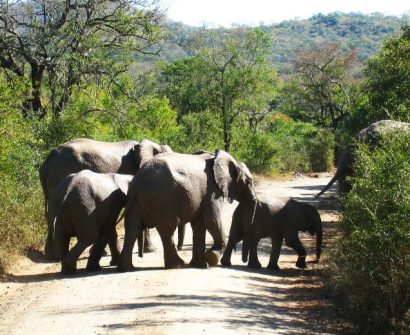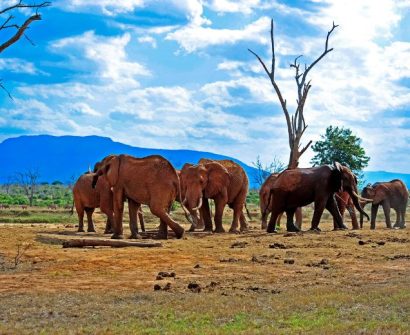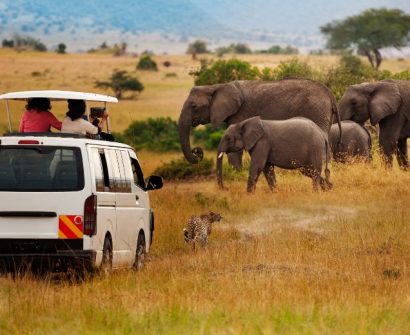Currently Empty: $0.00

Embracing Social Responsibility in Safari Tourism
In the age of conscious travel, social responsibility has become a fundamental aspect of the safari tourism industry. At Ilala Safaris, we believe that exploring the breathtaking landscapes and diverse wildlife of Africa goes hand-in-hand with respecting and uplifting the communities and environments we encounter. In this blog, we will explore the significance of social responsibility in safari tourism, the positive impacts it can have, and how you can be part of this movement during your travels.
The Importance of Social Responsibility in Safari Tourism
Social responsibility in tourism involves making ethical choices that contribute positively to local communities, economies, and the environment. For safari tourism, this means ensuring that our activities support conservation efforts, empower local populations, and preserve the natural beauty that attracts visitors in the first place.
1. Supporting Local Communities
One of the primary aspects of social responsibility is fostering relationships with local communities. When you choose a responsible safari operator like Ilala Safaris, you contribute to local economies by employing community members, sourcing local products, and supporting small businesses. This, in turn, provides much-needed income for families and helps preserve cultural heritage.
2. Conservation Efforts
Wildlife conservation is crucial for maintaining biodiversity and the health of our ecosystems. Responsible safari operators work closely with conservation organizations to support initiatives that protect endangered species and their habitats. By participating in eco-friendly safaris, you play a vital role in these conservation efforts, helping to ensure that future generations can enjoy the beauty of Africa’s wildlife.
3. Sustainable Practices
Sustainability is at the heart of social responsibility. At Ilala Safaris, we prioritize eco-friendly practices that minimize our impact on the environment. This includes using renewable energy sources, reducing waste, and implementing water conservation measures. As a traveler, choosing a safari that emphasizes sustainability can help promote environmental stewardship in the regions you visit.
How You Can Contribute to Social Responsibility
As a traveler, you have the power to make a difference. Here are some ways you can embrace social responsibility during your safari:
1. Choose Ethical Operators
Research and select safari operators that prioritize social responsibility and sustainability. Look for those that are committed to supporting local communities, conservation efforts, and ethical wildlife experiences.
2. Participate in Community Programs
Many safari operators offer opportunities to engage with local communities through cultural experiences, workshops, and volunteer programs. Participating in these activities allows you to learn from locals, share knowledge, and contribute to community development.
3. Respect Wildlife and Nature
Always practice responsible wildlife viewing by maintaining a safe distance and avoiding disturbances to animals in their natural habitats. Follow the “Leave No Trace” principles to minimize your impact on the environment, ensuring that the pristine beauty of the landscape is preserved for future visitors.
4. Spread Awareness
Share your experiences and the importance of social responsibility in safari tourism with friends and family. By raising awareness, you can inspire others to make conscious travel choices that benefit both communities and the environment.
Conclusion
Social responsibility is essential in creating a sustainable future for safari tourism. By supporting local communities, engaging in conservation efforts, and practicing sustainable tourism, we can ensure that our adventures contribute positively to the regions we explore. At Ilala Safaris, we are dedicated to promoting social responsibility, and we invite you to join us in making a meaningful impact during your travels. Together, we can create a world where tourism enriches lives, protects wildlife, and preserves the natural wonders of our planet.



